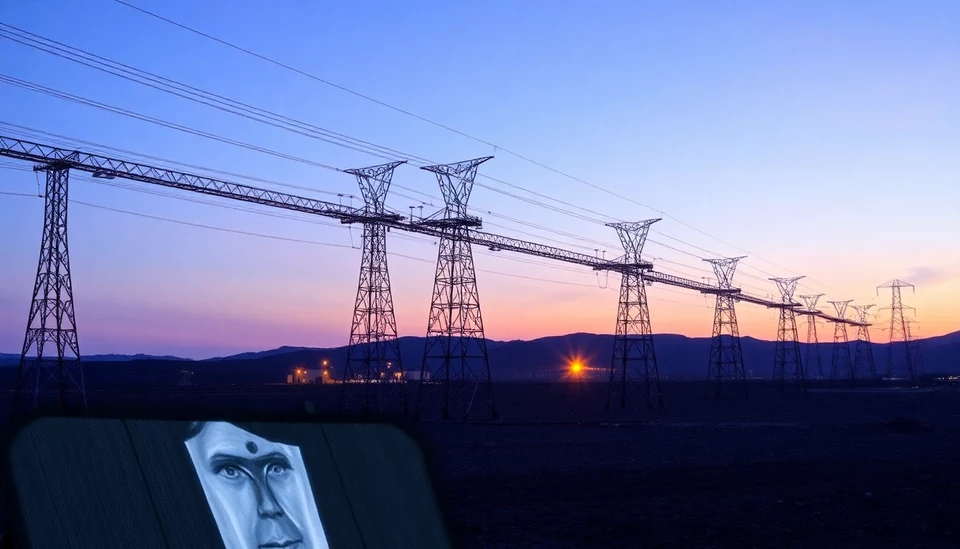
The rapidly increasing demand for power driven by advancements in artificial intelligence (AI) technologies has prompted Southern Company's CEO to explore various energy solutions, including the controversial option of extending coal usage. This surprising declaration comes amid a broader conversation within the energy sector about balancing environmental responsibilities with the pressing need for reliable energy sources in the face of technological growth.
During a recent conference, Southern CEO Thomas Fanning emphasized the urgency of adapting energy strategies to meet the surging operational requirements of AI systems, which are notorious for their substantial energy consumption. Fanning acknowledged that as AI technology continues to evolve and permeate various industries, the power requirements to support these applications will only escalate. In light of this, he raised the potential of coal as part of a comprehensive energy mix, despite it being at odds with the industry's shift towards cleaner energy sources.
The backdrop to this discussion is a national push for greener energy solutions, spurred by both governmental policies aimed at reducing carbon emissions and a growing societal preference for renewable energy. However, experts and environmental advocates have expressed concern about any potential resurgence of coal. They argue that utilizing coal, one of the most polluting fossil fuels, would undermine progress made in recent years towards decarbonization efforts.
Fanning’s remarks are particularly noteworthy given the context of Southern Company's commitment to transitioning to more sustainable energy practices. The company has been investing heavily in renewable energy projects and energy efficiency initiatives for years, aiming to reduce its carbon footprint and adhere to increasingly stringent environmental regulations. Yet, as he pointed out, the unpredictable nature of energy demands driven by AI could necessitate a reevaluation of these plans.
Southern Company’s position reflects a broader dilemma that utility providers face. As AI technology expands, so does the competition for energy resources, leading to increased pressure on existing power infrastructure. Fanning highlighted that while renewables are a priority, they may not yet be capable of meeting peak demands without support from more traditional energy sources. This brings up questions about how to strike a balance between innovation in energy technology and adherence to environmental commitments.
In addition to coal, Fanning mentioned other potential solutions, including natural gas and advanced nuclear technologies, which could serve as transitional energy sources while the industry continues to develop more robust renewable technologies. This viewpoint has sparked debates among stakeholders in the energy sector about the viability and morality of relying on carbon-intensive sources during a climate crisis.
As discussions about AI's energy demands gain traction, it appears that Southern Company—and possibly other utilities—will have to navigate a complex landscape of energy production, environmental sustainability, and technological development. The challenge lies in ensuring reliability and delivery of electricity while minimizing impacts on the climate, a task that could reshape energy policies and priorities in the years to come.
In conclusion, the energy industry stands at a crossroads, where the rapid evolution of AI technology could influence whether traditional energy sources like coal will see a revival or whether the push for sustainable practices will prevail. With Fanning's comments highlighting the demands for a careful balancing act, the coming months will be critical in shaping the future energy landscape.
#SouthernCompany #AI #EnergyDemand #Coal #RenewableEnergy #ClimateChange #Sustainability #NuclearEnergy
Author: Megan Clarke




